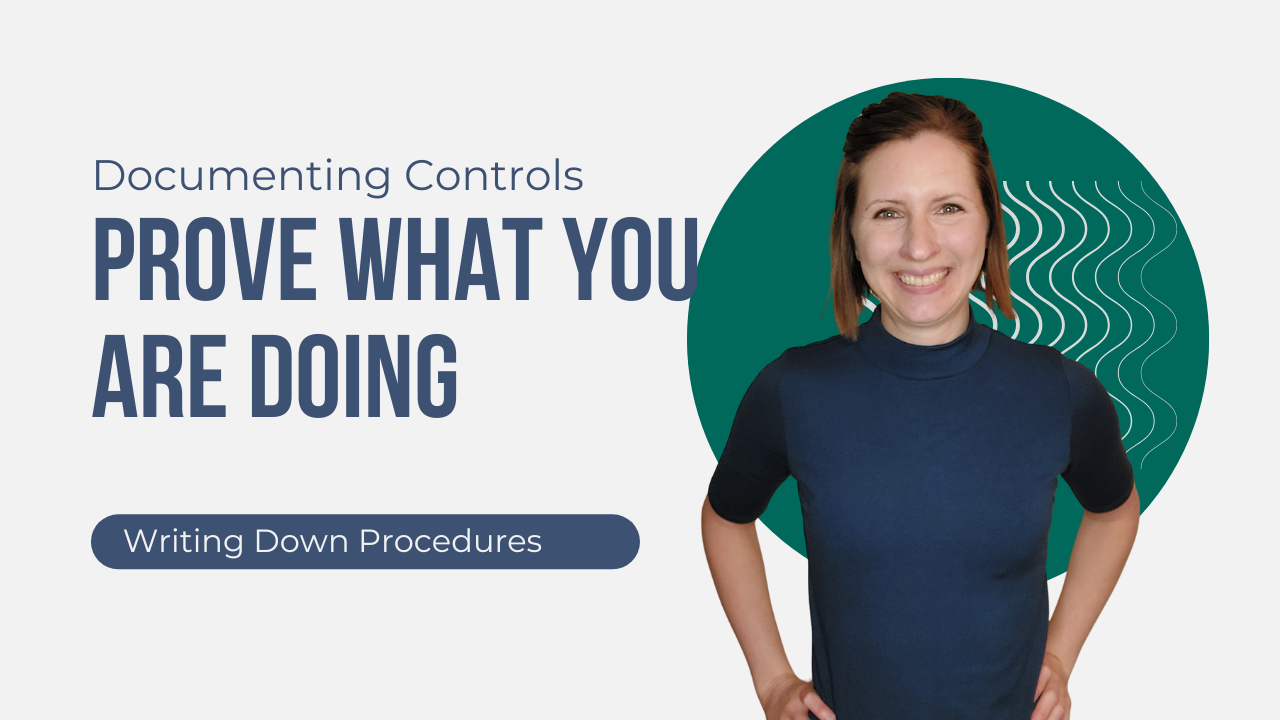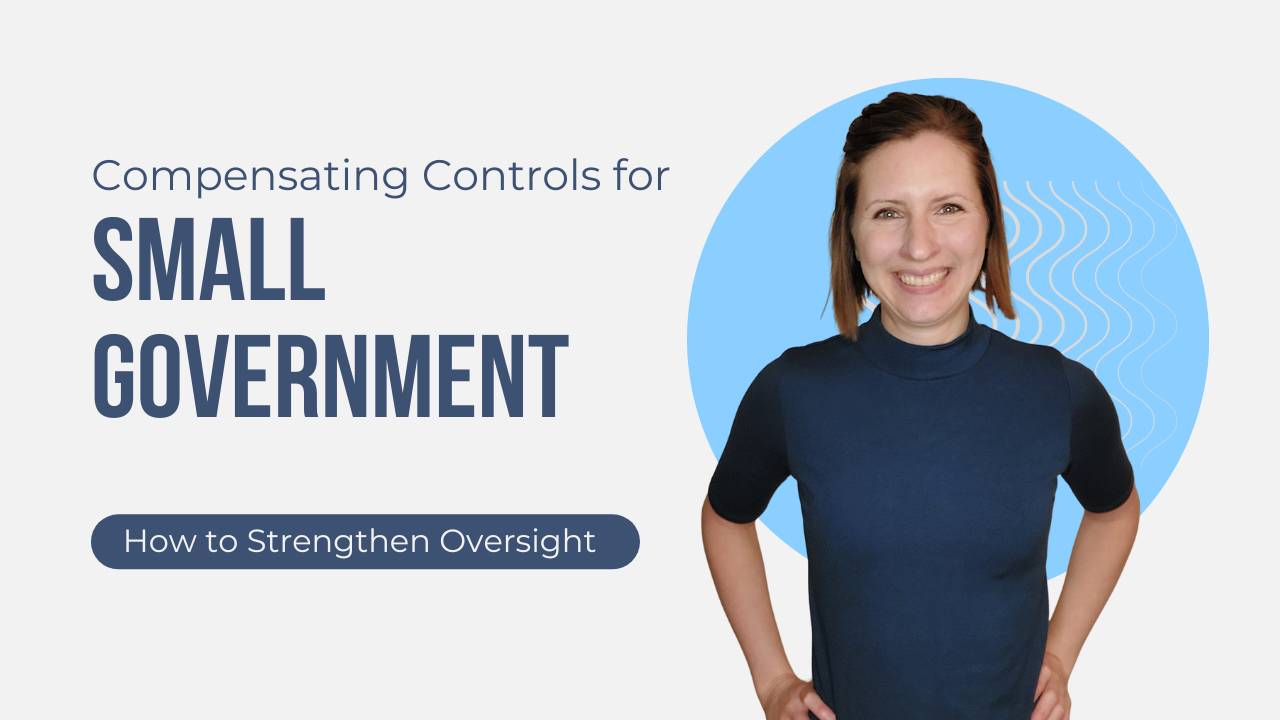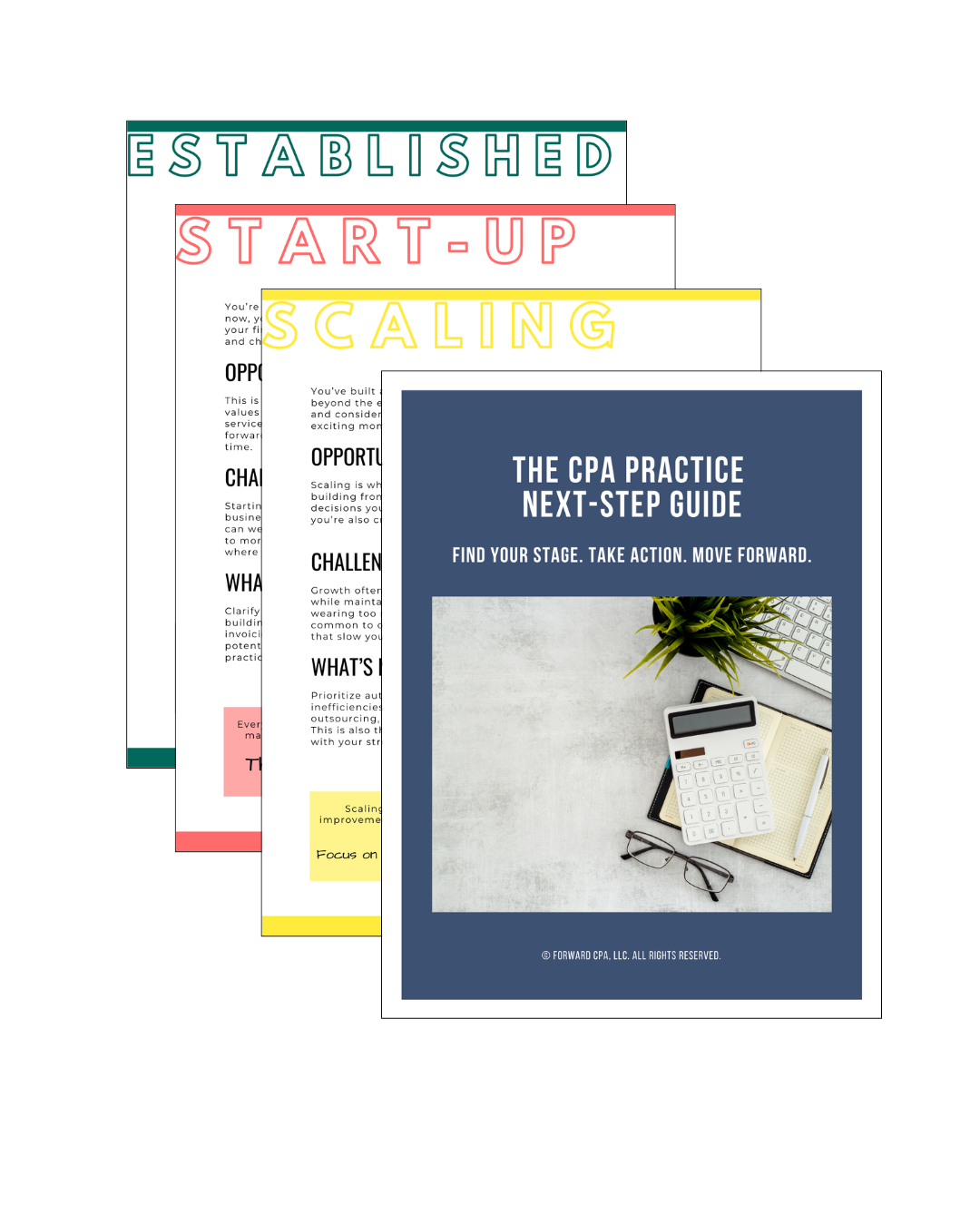What Every New Bookkeeper Should Know About the Audit Process
Aug 05, 2025
If you’re a new bookkeeper working for a school district, city, or other government entity, you might be hearing the word “audit” more often as the fiscal year wraps up.
You might be thinking:
What do they need from me? What should I be doing? What if I mess something up?
Take a deep breath—you’re not alone.
Government audits can feel intimidating at first, but once you understand how the process works and how your role supports it, it gets easier every year.
Here’s what every new bookkeeper should know about the audit process—and how to make it a smooth experience for both you and your auditor.
1. The Audit Isn’t About Finding Mistakes—It’s About Verifying Accuracy
First, let’s bust the myth:
Auditors aren’t there to “catch” you or point fingers. Their job is to independently verify that your financial records are accurate and complete, and that the entity is following accounting rules.
Think of it as a quality check—not a punishment.
Your role is to help provide the documentation that supports those numbers—and answer questions if something looks unusual.
2. The Trial Balance Is Where It All Starts
The trial balance is the summary of all your accounts as of the fiscal year-end. The auditor uses it to build the audit file and start their testing.
Your job might include:
-
Making sure all transactions are posted
-
Helping prepare adjusting entries
-
Verifying that balances tie to support (like bank statements or asset listings)
Tip: If something doesn’t look right—ask questions now. It’s easier to fix before fieldwork begins.
3. You’ll Be Asked for a Lot of Documentation—That’s Normal
The auditor will send a list of documents they need. This is often called a PBC list (Prepared by Client).
You might be asked for things like:
-
Bank statements and reconciliations
-
Payroll reports
-
Invoices or receipts
-
Grant documentation
-
Capital asset purchase details
-
Board minutes
Tip: Stay organized. Save these items throughout the year in folders labeled by audit area (e.g., cash, payroll, capital assets).
4. Your Work Supports the Audit—Even If You’re Not Involved in Every Meeting
You may not meet directly with the auditors or sign off on reports, but the work you do behind the scenes is essential.
Examples:
-
Reconciling bank accounts
-
Entering payroll and vendor invoices accurately
-
Tracking purchases for capital assets
-
Filing backup documentation in a shared folder
Accuracy and organization are your superpowers during audit season.
5. It’s Okay to Ask Questions or Say You Don’t Know
Nobody expects you to know everything, especially in your first year. The best thing you can do is ask early and stay curious.
If you’re not sure:
-
What a report is called
-
Where something is saved
-
How an entry should be posted
Just ask your supervisor or the auditor. They’ll appreciate your honesty—and it keeps the process moving.
6. Keep Notes for Next Year (Your Future Self Will Thank You)
Audit season always goes faster the second time around.
Create a simple document called “Audit Notes – [Year]” and include:
-
What reports were requested
-
Where you saved files
-
What you had to look up
-
Any issues that came up
-
Who answered what kinds of questions
This is gold for next year—especially if staff change or your role grows.
You Don’t Need to Be a CPA to Be Audit-Ready
The audit process isn’t about being perfect—it’s about being organized, clear, and responsive.
As a bookkeeper, your role supports the accuracy of the entire financial picture. That makes you a valuable part of the team—and an essential part of a smooth audit.
Ask questions. Stay curious. Save everything.
You’ve got this.
Your Next Step Forward
Join the newsletter designed to help CPAs take the next best step in building a practice they love, with practical insights, game-changing tools, and quick wins in every email.
We hate SPAM. We will never sell your information, for any reason.




